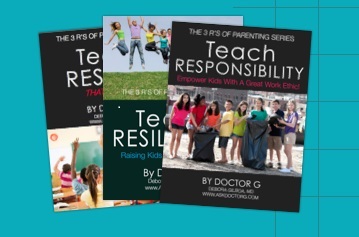
I have exciting news to share. I’m featured in a new parenting book that my friend and colleague Toni Schutta has published called 20 Great Ways to Raise Great Kids that’s available free to parents at
http://www.getparentinghelpnow.com/myfreebook . You’ll gain over 200 practical tips that you can use immediately to help raise a loving, kind, responsible, confident and successful child.
No other parenting book contains interviews with 27 top experts in the field and 10 wise parents who all give you their very best strategies all in one book. I’m one of the experts featured in a chapter called, “Mealtime Dilemmas Solved.”
20 Great Ways to Raise Great Kids helps you find practical solutions for nagging problems like getting your kids to listen; reducing back talk, bedtime struggles, mealtime hassles, and overuse of electronics; and getting chores and homework done without a lot of hassle.
You’ll discover tools to help you evaluate whether you’re overindulging, overscheduling, or over-nurturing your kids so you can ensure their success rather than harm them in unexpected ways.
You’ll also gain a road map for reducing stress and creating a balanced life where your own needs are consciously integrated into family life for greater happiness.
20 Great Ways to Raise Great Kids Will Help You:
-
Pry your kids away from electronics so you can connect in more meaningful ways.
-
Reduce your stress so you enjoy your kids more.
-
Create a balanced life so you have time to connect with your spouse and pursue passions of your own.
-
Get your kids to bed on time so you gain back valuable time for yourself.
-
Find solutions to the top 10 parenting challenges so you handle misbehavior with confidence and ease.
-
And much more!
You can get a free copy here:
http://www.getparentinghelpnow.com/myfreebook. All profits made from the sale of the E-book and print versions will be donated to help prevent child abuse. The goal is to raise $25,000 for the Family Enhancement Center, a non-profit devoted to preventing child abuse.
Best Wishes, Beth
P.S. Don’t just take my word for it, here’s what one mom shared: “Toni’s book is the ESSENTIAL handbook for raising a happy & successful child for us parents struggling to keep our heads above water. Toni has assembled a mastermind group of experts who compassionately and generously provide relevant, simple tips on everyday challenges we face, including how to manage “screen time”, get respect from our kids, and be the consistent and strong role models we want to be. I will give this book to every parent in our network!” Erin Owen, mother of two.







